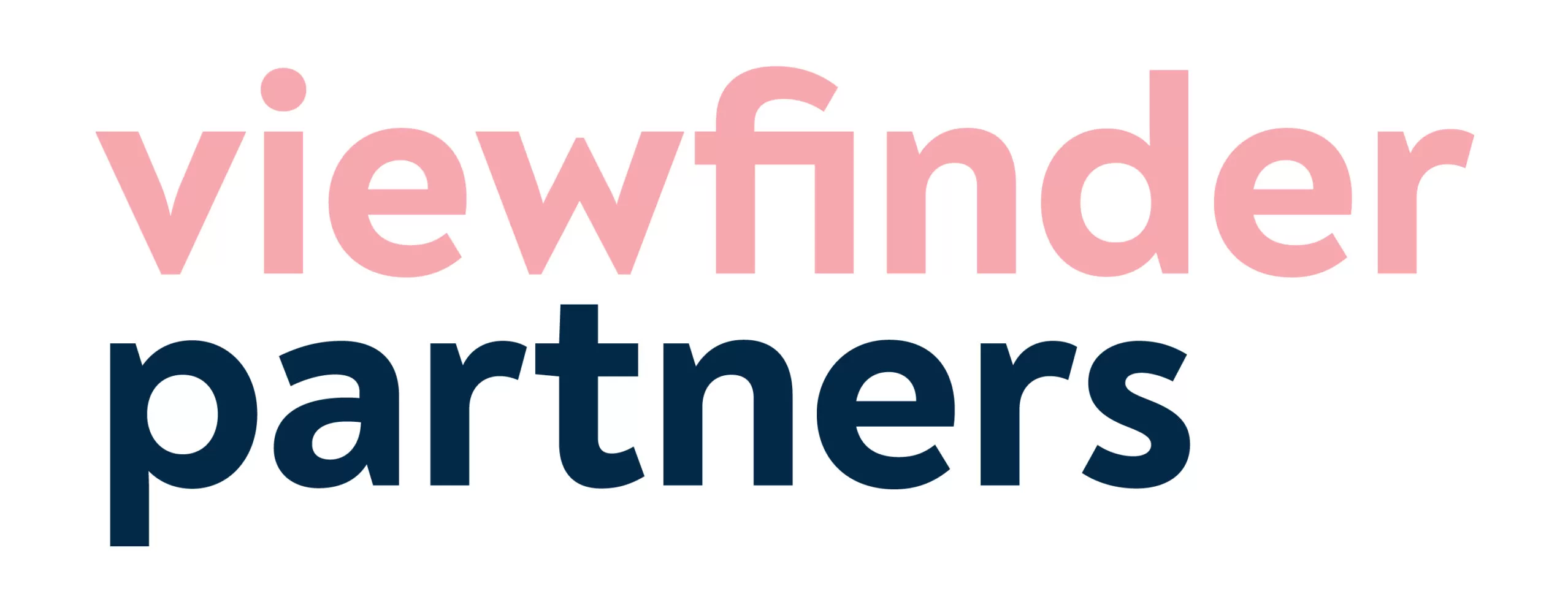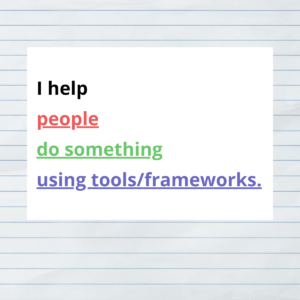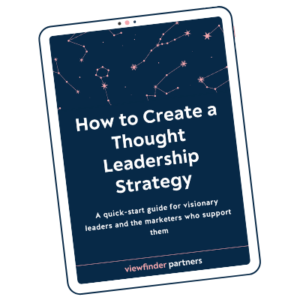What are you thinking about lately?
I’ve been thinking about how we develop our next big ideas. I’m reading “The Power of Onlyness: Make Your Wild Ideas Mighty Enough to Dent the World” by Nilofer Merchant and her vocabulary has helped me think about digging for ideas in a new way.
Her key term is “onlyness” — the unique thing that makes you stand out. You don’t need to fit some kind of standard profile to have a good idea. Instead, her point is that everyone’s ideas matter, and we need to hear every person’s unique perspective. “You’re standing in a spot in the world that only you stand in, a function of your history and experiences, visions, and hopes. From this spot where only you stand, you offer a distinct point of view, novel insights, and even groundbreaking ideas.”
I’ve said before that people aren’t interested in hearing just what you know; they want to hear how you learned it. I’ve called it your “perspective,” or the “long and craggy road” you took to develop it. I’m interested in the potholes you got stuck in along the way.
Merchant says:
“Onlyness, your signature concoction of what matters to you, gives you clarity of purpose and enables you to focus on what matters.”
And once you understand your onlyness, you can start to “make a dent” — her term for driving change and making an impact.
But how can you reflect, discover, and develop that big, special, unique, “only” idea?
In her book, Merchant says “This is how discovering your onlyness takes place: Give yourself permission to pursue the question you have…it’s in the process of doing that work that become ready to make a dent.”
My work is all about helping people zoom in on their “onlyness,” and it’s a hard job. People tend to clam up. They don’t think they have any new ideas. Or, they’re comfortable on their talk track. They parrot back the party line. My challenge is to get them to dig a little deeper and share more authentically.
I’ve been brainstorming questions to help me get people to that answer faster.
Here are some questions I’ve tried:
-
How did you first get interested in [industry/topic]? What led you here?
-
How has this work changed for you? What have you learned? How do you approach it differently now than you did when you started?
-
How have your opinions changed? What’s something you used to believe that you think differently about now?
-
Who has helped you learn and grow in your work? What did they help you understand?
-
How do you hope this work is different in 5 years? What do you want to create for the next generation?
-
What advice would you give to someone who’s just starting out? What mistakes did you make that they should avoid?
-
What’s something you’re trying to figure out right now? What has you stumped?
How have you dug up your latest idea? How do you understand and express your “onlyness”? I’d love to hear.







